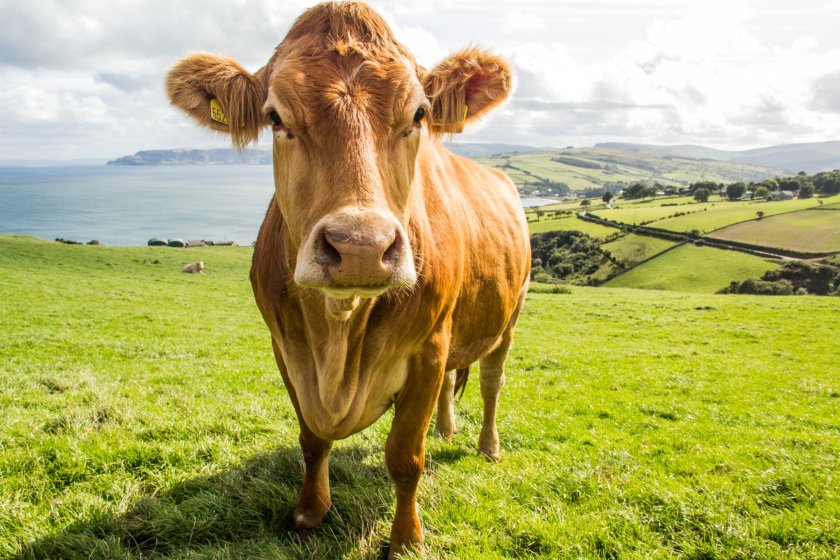NI bovine TB levels 'out of control' as union blames government

The level of bovine TB in Northern Ireland has "escalated out of control" as the devolved government is blamed for failing to implement its strategy.
The Department of Agriculture (DAERA) recently set out a revised TB strategy, but the Ulster Farmers' Union (UFU) said it had failed to fully implement it.
The union also blamed "decades of inaction" by previous governments in Northern Ireland.
The most recent government figures show that Northern Ireland has a TB incidence rate of just over 10.5%.
But the UFU said DAERA was now in a difficult financial position to tackle the disease, as it had a reduced budget for 2023-2024.
In a recent budget briefing involving the union, officials urged the government not to reduce stock valuation regarding TB reactor cattle.
UFU president, David Brown said: "We made it perfectly clear that there are to be no cuts to the value of livestock removed from farms that have gone down with TB, in an attempt to make up for this shortfall.
"When a herd is infected with TB farmers are already suffering a significant loss of income coupled with mental stress, and to hit them when they are already down is absolutely unacceptable and unjust.
"We reminded DAERA that stock valuations are not compensation and that the cattle are not being removed by choice, but because there is no other alternative."
DAERA outlined in the meeting that they wished to maintain the direction of travel set by the previous Minister regarding NI's revised strategy to reduce TB incidence.
But the UFU said it would "continue to keep the pressure" on officials to "eradicate the disease once and for all."
“We also raised the vital need to maintain front-of-office staff in DAERA direct offices," Mr Brown added.
"This is a valuable face-to-face service for the more elderly members of the farming community and it needs to be maintained.”








